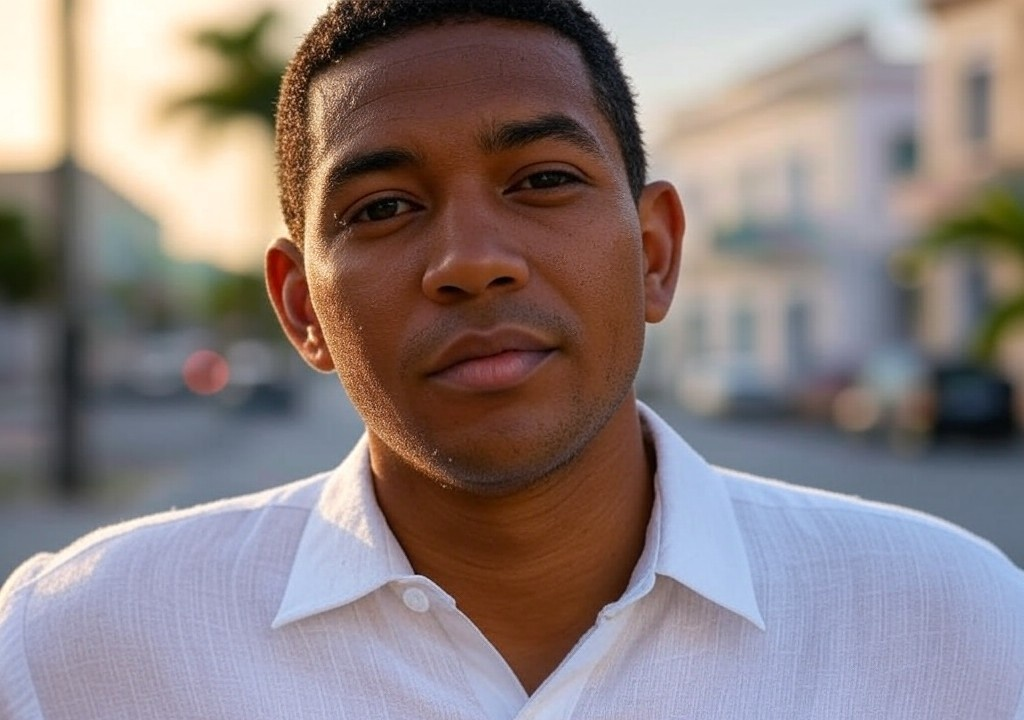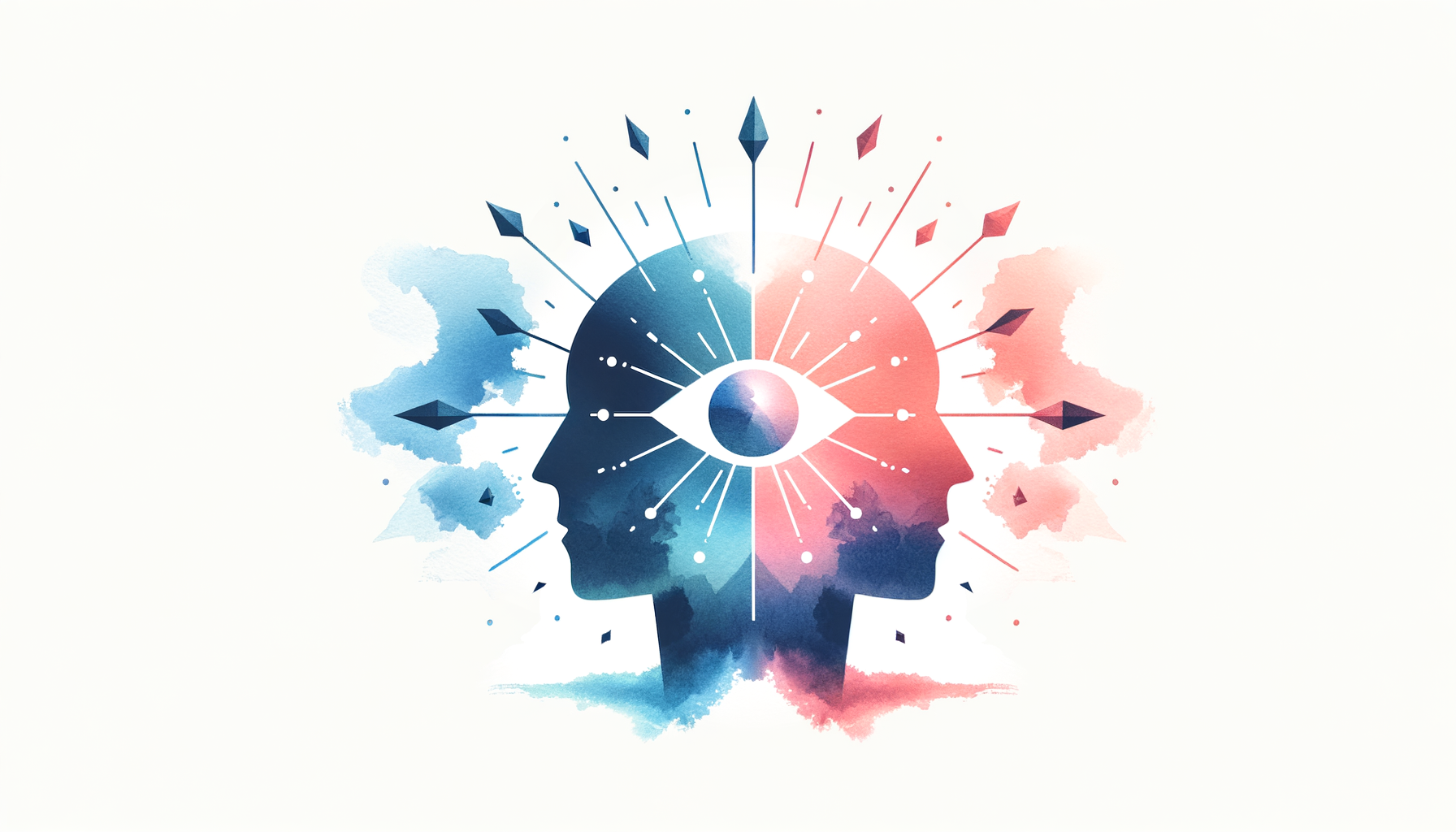It was a Wednesday afternoon in Hialeah, and our bakery smelled like heaven and drama — pastelitos fresh out of the oven and Señora Otero arguing with Papi about which telenovela had the more realistic love triangle. I was 15, convinced I’d grow up to be a second baseman for the Marlins, and showcasing all the charm of a sea cucumber. Then came the moment that altered my trajectory, one pastelito at a time.
That day, a teacher named Mr. Valencia walked into our bakery. It wasn’t his first visit — he was a regular for café con leche — but this time wasn’t business as usual. Mr. Valencia waved at Papi, came up to the counter, and without missing a beat, handed me a black-and-white composition book with a red sticky note attached.
“I’ve been reading your essays,” he said. “You need to do something with this. You’ve got stories worth telling.”
I laughed nervously because what do you do when your high school English teacher says something like that? It felt as surreal as having Celia Cruz herself stop by for a croqueta. But this wasn’t a pep talk he gave all his students. He looked at me, unflinchingly, like he’d peered through the awkwardness, bad haircuts, and puberty angst, and saw potential staring back.
And just like that, I went from a kid who scribbled thoughts for himself to someone who turned stories into something bigger. Here’s what I learned about being seen — and seeing others — because of one moment like that.
They Don’t Have to Be the Hero to Change Your Narrative
Sometimes, the people who change our lives don’t swoop in like the rom-com lead, grand gestures and all. Mr. Valencia didn’t sit down to debate whether I’d write the next Great Cuban-American Novel or diagram my career trajectory. He just dropped the seed, knowing the soil would do its work.
How often is that true in relationships, too? A friend points out some recurring heartbreak pattern you’ve been ignoring. A partner casually mentions how nurturing you are when you’re busy roasting yourself for only being “good” at ordering Uber Eats. Sometimes, the people who recognize something in us aren’t trying to fix us or dictate our next steps. They’re just passing us the mirror, asking us to take a better look.
The Boldness of Being Seen
Let’s get real: Being “seen” sounds romantic until someone actually does it. You might think you want big, vulnerable connections, but the first time someone clocks you for who you really are, it’s like being caught doing karaoke sober. Terrifying.
When Mr. Valencia handed me that notebook, self-doubt kicked in like an overzealous bongo player. Sure, I could write about our bakery or Abuela’s superstitions, but would anyone really care? The truth is, we all second-guess ourselves. Why? Because being seen means we might be misunderstood—or worse, rejected.
It’s the same in dating. Showing someone the playlist you obsessively curated? Nerve-wracking. Mentioning you still drive the same beat-up car from high school because it’s sentimental? Equally terrifying. But here’s the thing: letting yourself be known, in all your nuance, is the only way to find the people who really get you.
A Good "See-er" Knows the Power of Specificity
The magic of Mr. Valencia wasn’t just that he told me I had talent. It was how specific he got. He referenced an essay I wrote about my family’s Nochebuena traditions and the way I captured the haze of smoke and laughter in the air. He highlighted the humor I buried in parentheses — something he called “unintentional genius.” (Still working on making it intentional, by the way.)
When someone truly sees you, they don’t hit you with generic praise like "You’re so funny." They pull something from the depths of your being you didn’t even notice about yourself.
Think about the best compliments you’ve ever received. I’d bet they weren’t vague ones like, “You’re nice.” They were along the lines of, “The way you light up when someone asks for advice? That’s gold.” That’s the cheat code for real connection: Paying attention to the stuff under the surface.
How You Can See Someone Else
In relationships of all kinds — romantic, platonic, professional, whatever — the ability to truly see someone else isn’t just a gift; it’s a skill. And just like shaping the perfect empanada, it takes practice.
Here’s the cheat sheet:
-
Ask Better Questions. Everyone loves a “What’s up?” text, but try something with layers, like “What’s a weird thing you loved as a kid but haven’t thought about in years?” Get ready for some surprises, y’all.
-
Celebrate the Quirks. Think of your people as 1,000-piece puzzles; the fun’s in finding the odd shapes. Did your aunt collect clocks? Praise her for being a “very niche time connoisseur.” Your friend’s hyper fixation on weird conspiracy TikToks? Joke that they’re basically FBI certified.
-
Don’t Just Compliment—Reflect. Compliments are great, but reflections hit harder. Tell someone, “Hey, I noticed you hype everyone else’s dreams up before your own. That’s rare. And cool.”
-
Be Present. Yes, even when the conversation is about your friend’s succulents. (We’ve all been there.)
When you start practicing this, you realize people are dying to be understood. More importantly, you’ll get better at opening yourself up in the process.
My Own Plot Twist
Mr. Valencia’s words didn’t just nudge me toward writing; they started a domino effect I couldn’t ignore. One composition book became ten. The essays became applications — one of which got me a writing scholarship when I was worried I’d have to skip out on college. That scholarship got me to Florida State, where I wrote about pastelitos and big families and got to eat my weight in Publix subs along the way.
Eventually, those essays morphed into short stories — the kind I never imagined people would actually read. By the time I was sitting across from a publisher who wanted me to write full-time, it felt like some cosmic joke. All from one moment in a bakery I never had the tools to appreciate until later.
The best connections carry echoes like that. They stay with us, looping gently in the background like a Celia Cruz song.
Ending Where We Began
To the skeptical teenager I once was, afraid of looking closely at my own reflection, I’d say this: Mr. Valencia saw the good stuff. And if you let the right people in, they’ll see it in you, too. You just have to give them the chance.
The next time someone shines a spotlight on you — unasked, unfiltered, and uncomfortable as it may be — don’t shy away. Say, “Tell me more.” And when someone gives you their unpolished, unfiltered self, do the same.
Whether it’s love, mentorship, or something as small as a passing compliment at a bakery counter, seeing and being seen is what transforms our paths. So go ahead: Be vulnerable, be attentive, and revel in the connections that matter. You never know; your story — your moment of being seen — could be the best plot twist yet.




















